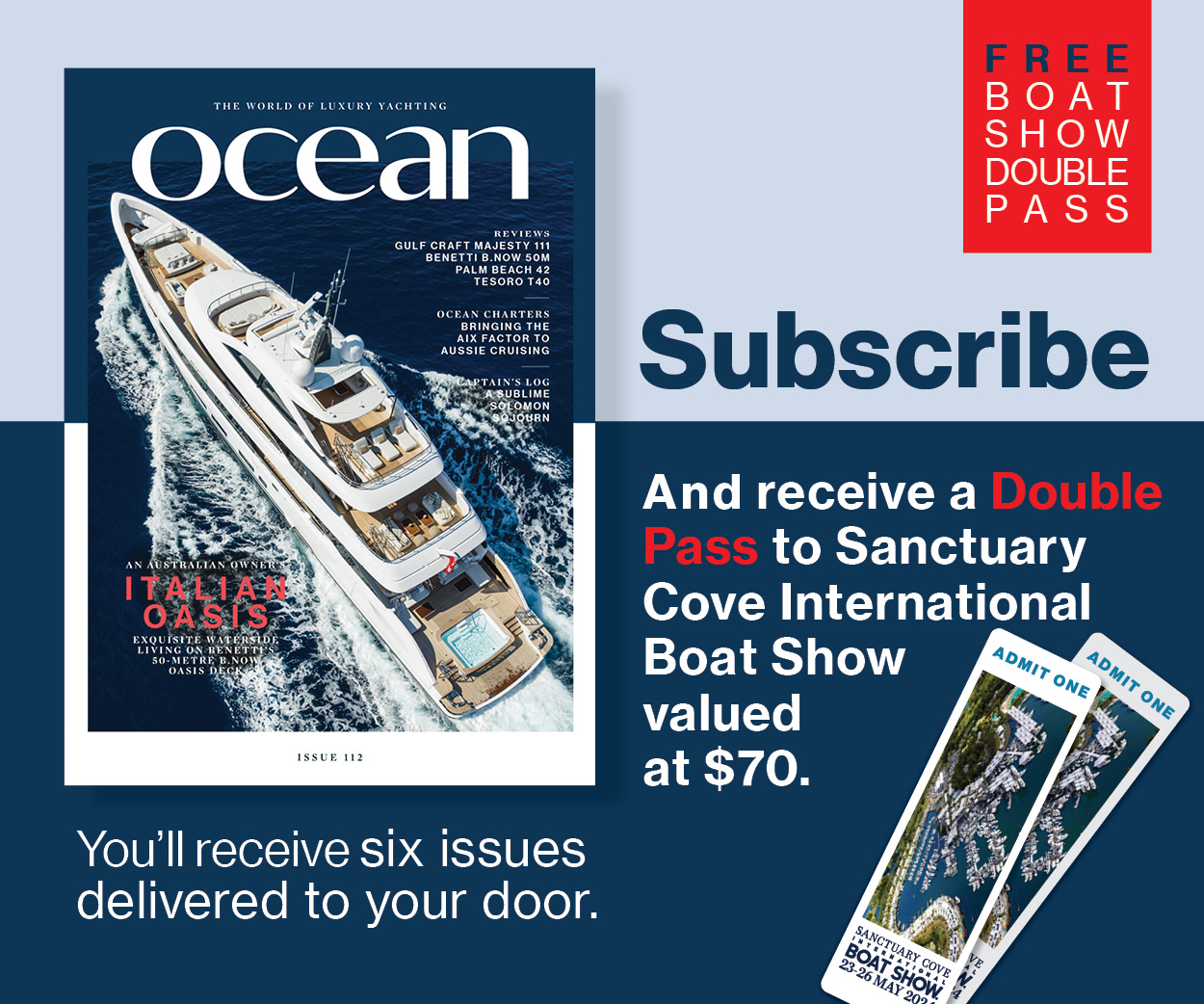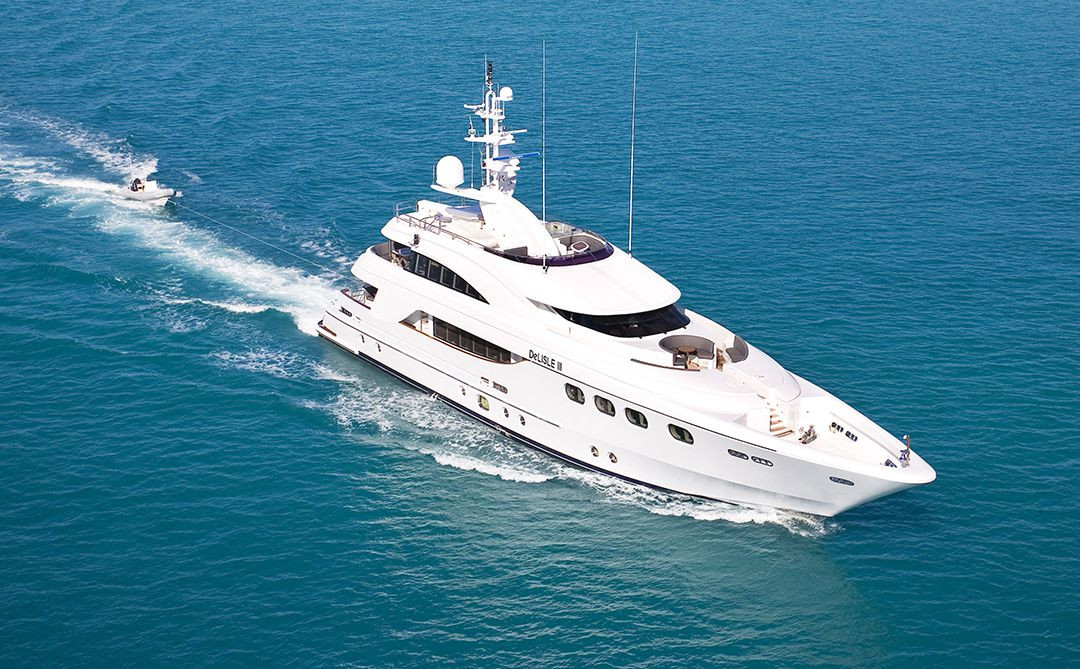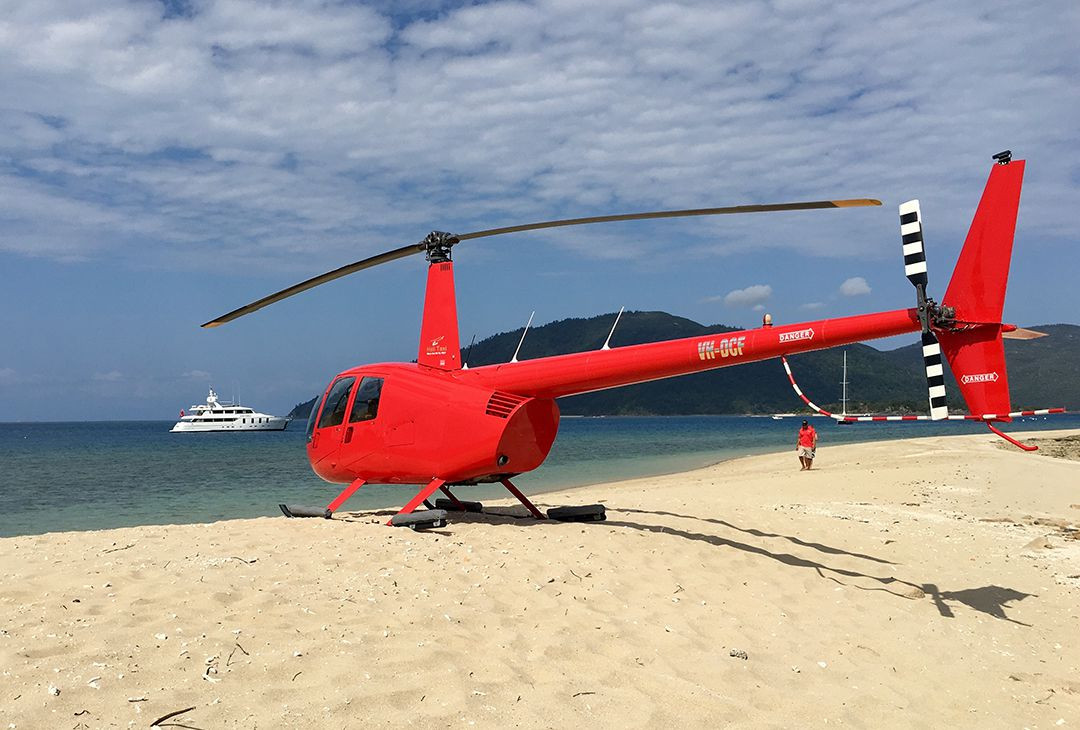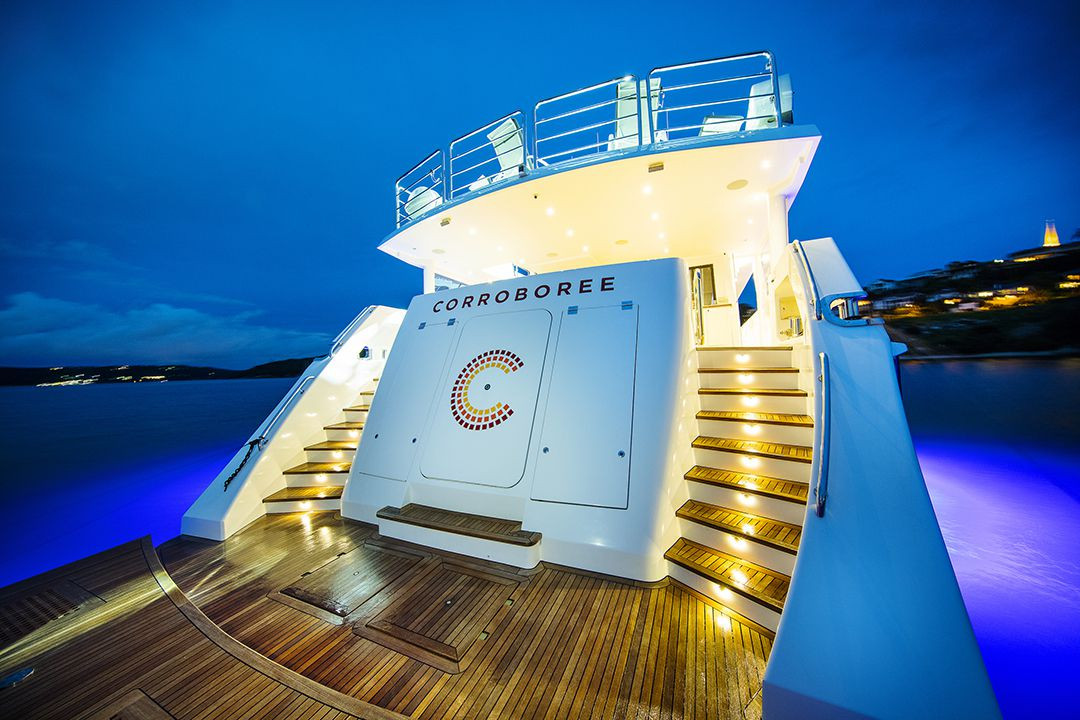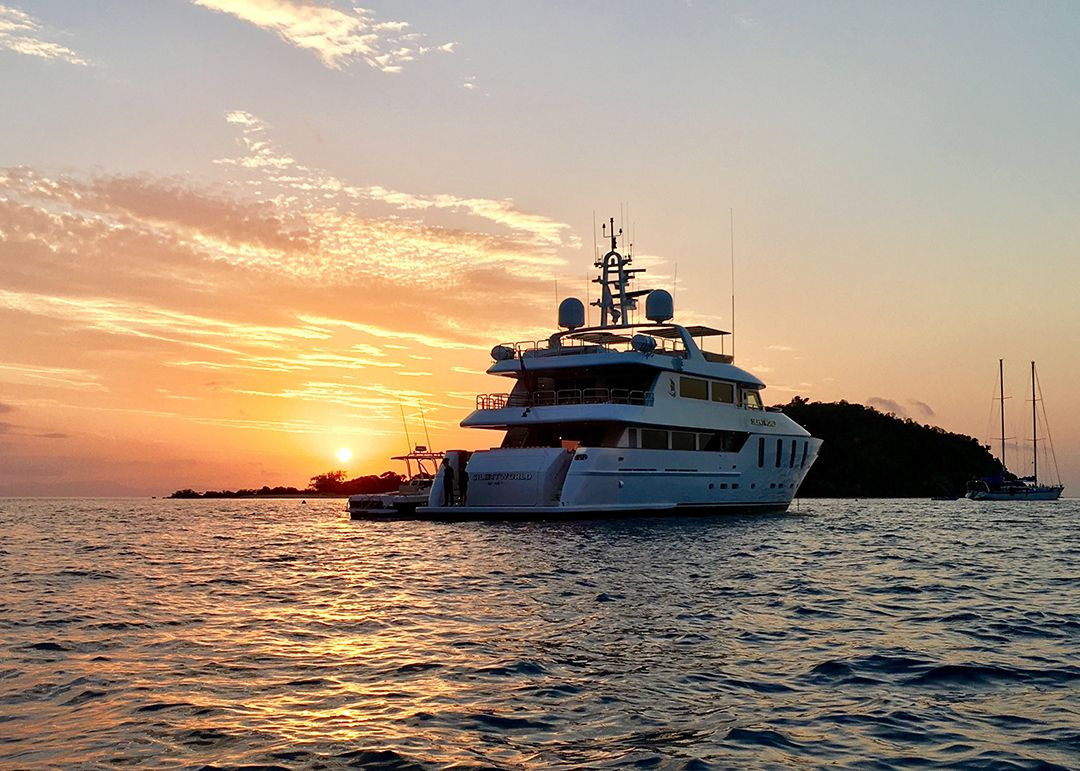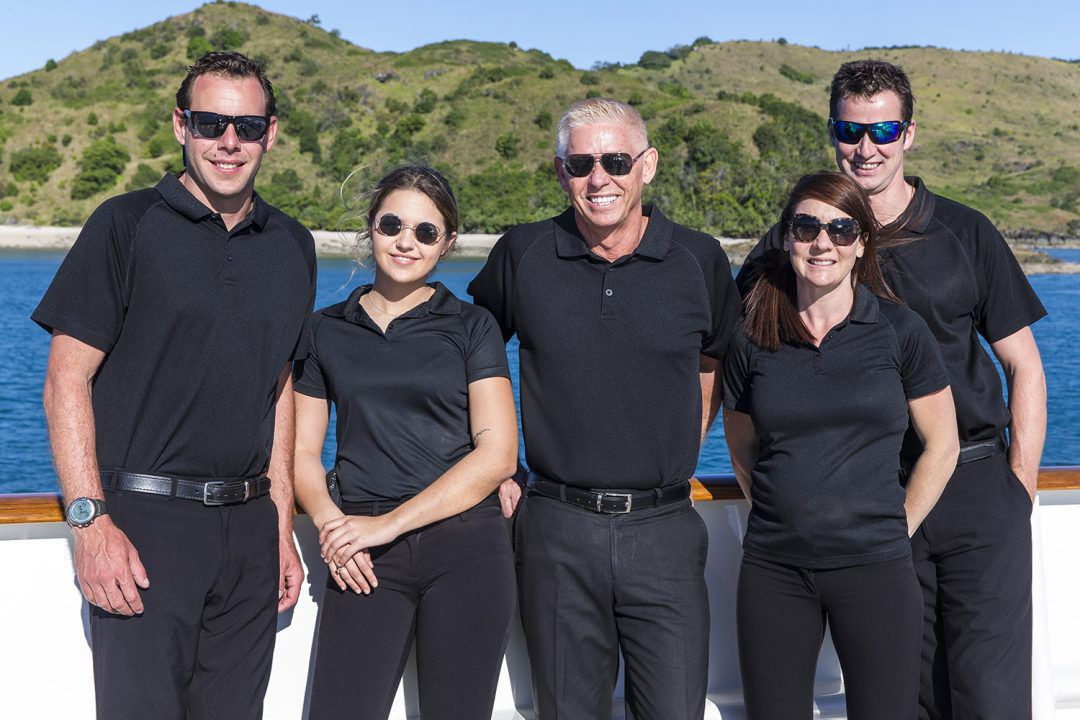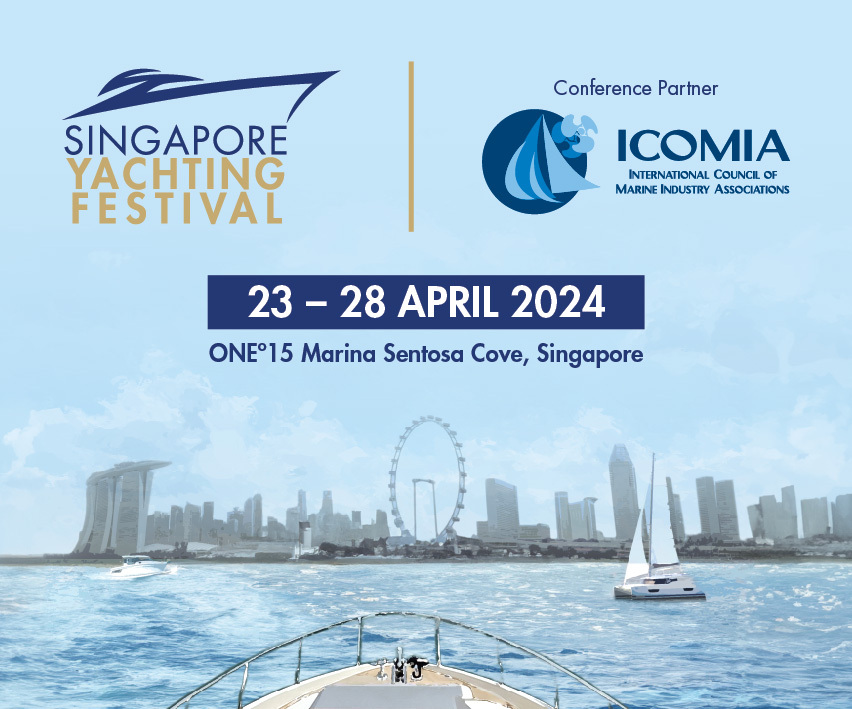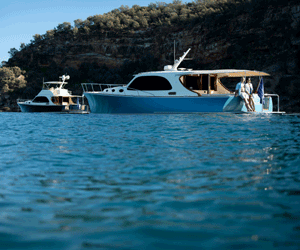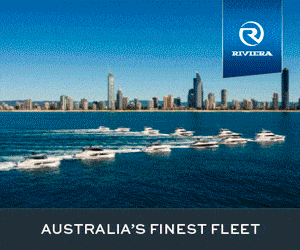Dipping into charter – Part two
All you need to know ahead of experiencing the wide-world of a luxury charter yacht vacation.
Written by Lisa Robinson
Photography by Andrea Francolini, Fraser Yachts, Australian Superyachts, 37 South Yachts, Ocean Alliance, Northrop & Johnson
16 January 2017
So you’ve decided that in 2017, you’re going to try something different. You’re swapping your usual five-star resort getaway for a boating holiday. Congratulations! The transition does have a bit of a learning curve: You have to get your head around what kind of boat you want, charter contracts, advanced provisional allowances, the eventualities of bad weather and sea-sickness, amongst a host of other things.
It is a whole new world. But once you start dreaming about destinations like the Kimberleys, the Whitsundays, the Mediterranean and New Zealand’s Coromandel Peninsula, that you can explore in privacy and completely at your leisure, you just know it will all be worth it. Besides, you now have Ocean’s handy guide to get you through.
In part one of this series, we covered tips on choosing a yacht friendly destination, pricing, and the process brokers use to make sure your every need is catered for. In part 2, we’ll look at potential pitfall areas: what to plan for and keep in mind so things go as smoothly as possible on your much-anticipated holiday.
Jo Howard from Ocean Alliance suggests that step one is making sure you have the right man or woman for the job, having the appropriate charter broker. If you’re looking at organising a week-long itinerary on a high value yacht, then select a broker that has expertise in that space.
“My advice is to work with someone accredited with MYBA (The Worldwide Yachting Association) accreditation and that has experience in that market," says Jo.
“There are only a small number of MYBA members in this region. You need a lot more experience in this kind of operation to understand what information you need and what to do in the event that things fall short.”
Your charter broker’s MYBA membership is critical, because the paperwork you’re about to sign is a MYBA charter contract.
This comprehensive 8-page document covers just about every detail of your charter, including clauses on cancellations and the possibilities of what could go wrong. For example, if the boat breaks down or a storm prevents it from reaching its planned destination.
As you move from paperwork into the fun bit of the planning process, your broker will ask questions around the kind of experience you’re looking for. First up might be whether you have dreams of being “under sail” or are you happy to “cruise around”?
Donna Morris from Australian Superyachts says that the choice of motor or sail comes down to individual preference.
“Sailing yachts tend to have less volume than the equivalent length of a motor yacht, so you need to determine how much the amenities and space means to you compared to the experience of being ‘under sail’”. From 37 South Yachts’ Allan Jouning’s experience, “First-timers usually pick motor yachts because they have more toys, bigger cabins and are faster.”
As a vision of lounging on an elegant aft deck surrounded by islets of the Great Barrier Reef start to make you smile, you might feel the damper of a worry about the weather coming on. What if the gods have something other than cloudless skies and sun-drenched days planned for your holiday?
Well, you can pat yourself on the back for choosing a mobile getaway. Because a charter is generally over a seven-day period, if there are any small elements of weather interruption, the boat can move away from those areas. Peter Redford from Fraser Yachts explains, “If a bad weather change is coming and that’s the week you booked, you can get on board and head in opposite direction.
The Captain will work with you to make alternate routing plans.” Australian Superyacht’s Donna Morris adds, “The weather would have to be cyclonic to cancel a charter, a mere bout of rain is not cause to cancel. Plus, we would advise on picking times and locations where there is less likely to be bad weather, for instance to steer clear of Far North Queensland during the wet season.” Your MYBA contract will feature clauses for bad weather scenarios particular to your destination, so make sure you read it carefully.
Another newbie concern is sea-sickness. Guests who have not chartered before might not know if they are prone to being sea-sick and may be nervous about a commitment of several sea days. However, a boating charter is so bespoke that even that can be accommodated for. “If they haven’t been on a boat before they may not know, so it’s best to start off with an itinerary that maybe has a couple of days nice cruising, then try a day in an ocean swell. They [guests] will they soon find out if they want to do it again,” says 37 South Yachts’ Alan Jouning.
“If they know they get sea-sick, we can choose somewhere [like the Virgin Islands] where you don’t get any waves at all – calm cruising every day and a nice sheltered anchorage at night. We create an itinerary to according to their preference”. Plus, you have technology on your side. Many yachts are fitted with dual-purpose stabilization systems, that reduce the rolling motion of a vessel at anchor, underway or while drifting.
If there are other medical conditions that concern you, they can be planned for as well. “In the preference sheets that charterers are asked to fill out before-hand, we ask about medical conditions, so that we are prepared before that client gets on the boat,” assures Ocean Alliance’s Jo Howard. As you can see, your comfort will be priority number one.
Costs will surely be another of corner of query for the first-timer. You might already be munching on the ubiquitous question of how to get the best deal. Cameron Bray from Northrop and Johnson Australia suggests booking during the shoulder seasons on either side of the peak periods of July and August for the Mediterranean and Christmas/New Year’s for Sydney.
Fraser Yacht’s Peter Redford has a great tip for getting the best value for money from a yacht charter.
Usually people are not aware that they have the capacity, depending on the size of the vessel, to share the cost of the charter with another two or three groups. Often you can have up to 12 guests, so you might have two or three families on a board allowing you to divide the cost. It’s comparable to booking on a large suite on a luxury liner - but the differences are that the crew is there to look after only you, it’s a lot more luxurious and you have control over the itinerary.”
With all the new concepts to consider, taking on a boating holiday for the first time can seem daunting. But remember that your charter broker is your advocate, there to make sure everything is clear and that every part of your experience is perfect.
In the end, when you step off the boat your skin kissed by the sun, well-rested from nights of being lulled to sleep by the gentle rock of the ocean, and a glow from the exquisite fresh meals cooked by your private chef, you will turn around and ask, ‘when can we do it again?’
Overdue emissions plan


